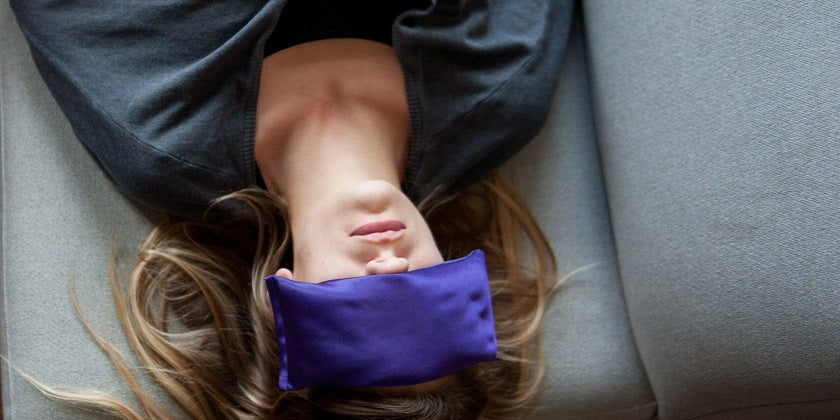Having trouble sleeping and you want to know why? There are so many reasons why people struggle with sleep. But there are things that you can do on your own to help!
Poor mattress and pillow. Having something comfortable to sleep on is essential for having a good night’s sleep.
- Do you toss and turn trying to fall asleep because you can’t get comfortable?
- Do you wake up in the middle of the night with sore hips, shoulders or neck and are unable to find a comfortable position to fall back asleep in?
-
Do you regularly wake up sore and achy in the morning and don’t know why? Your mattress or pillow could be to blame.
There are so many different options when buying a new mattress or pillow. You can go to a store and try one out, or you can order online and have it delivered to your house. Whatever you choose to do, be sure to find out what the return policy is. Lots of companies offer a 90-100 day option to return if you aren’t fully satisfied with your purchase. Take advantage of this! It takes a while for you to know if a mattress is a good fit or not.

No napping. Naps aren’t always bad if you can still sleep well at night, but if you regularly nap and then have trouble sleeping at night, your naps could be to blame. It’s a tough habit to break— especially if you’re tired during the day and just want a nap because you didn’t get a good night’s sleep. But your mind and body could be falling into a bad habit. Break this habit by regularly committing to not napping during the day. Go to bed at the same time each night and wake up at the same time each morning. It may take some time for your body to adjust to sleeping through the night and not sleeping during the day, but it will be worth it.
Be active! The yin and yang of daytime and night time is that the more active you are during the day, the deeper you will sleep. They balance each other out. The less active you are during the day, the lighter your sleep will be and the greater the chance that you will be tossing and turning all night and unable to get that deep sleep. Aim to get at least 10-20 minutes of physical activity during the day, preferably not too close to bedtime as this may affect your ability to fall asleep. Not only will your sleep likely improve, but your overall physical and mental health will as well.
Wind down before bed. It is hard for our minds and bodies to shut off and go to sleep in a matter of minutes, especially if they were just going a mile a minute. Take time to unwind before going to bed. Put work away, turn the TV off and put the phone down. Journal, meditate, listen to calming music, have a tea, cuddle with a pet or a loved one— let your body and mind relax before trying to go to sleep.
Avoid stimulants and heavy or high-sugar foods right before bed. Alcohol, nicotine, caffeine and heavy or sugary foods can all disrupt sleep. Although alcohol is a depressant and seems to calm you and make you fall asleep easier, it actually has a rebound effect later on in the night. Alcohol will disrupt the second half of your sleep, causing you to have a lighter sleep and wake more often.
Go to bed when you are actually tired. Everyone has slightly different internal clocks. Some people are night owls and some are morning people. Going to bed earlier than when you are tired can actually make your sleep worse. Listen to your body and its cues. If your body doesn’t get tired until one a.m., you may have a problem if you have to be up early for work.
Reset your internal clock. Create a nightly routine that preps your body for sleep at an appropriate time. If you are going to bed at one a.m. regularly, try 30 minutes earlier. Do this for a while and then do another 30 minutes earlier. Don’t jump straight from one a.m. to 10 p.m.. Wake at the same time every morning. Continue these habits until your body is naturally on a schedule that works for your lifestyle.
Trying these strategies could be the difference between being tired and cranky through the day and feeling refreshed and excited for the day to come. Commit to making small changes that you can stick to. These lifestyle changes won’t happen overnight.
These are just a few reasons why people have troubles achieving a deep restful sleep. Medications, stress, trauma, and mental and physical health can also affect your sleep. Knowing why you aren’t sleeping well is helpful in figuring out what you can do to help yourself sleep better.
If you have tried all these strategies and you still aren’t sleeping well, your body may need a little help in the right direction. Acupuncture helps your body and mind come back to homeostasis. It balances out the endocrine and nervous systems, two systems that play a huge role in sleep.
















